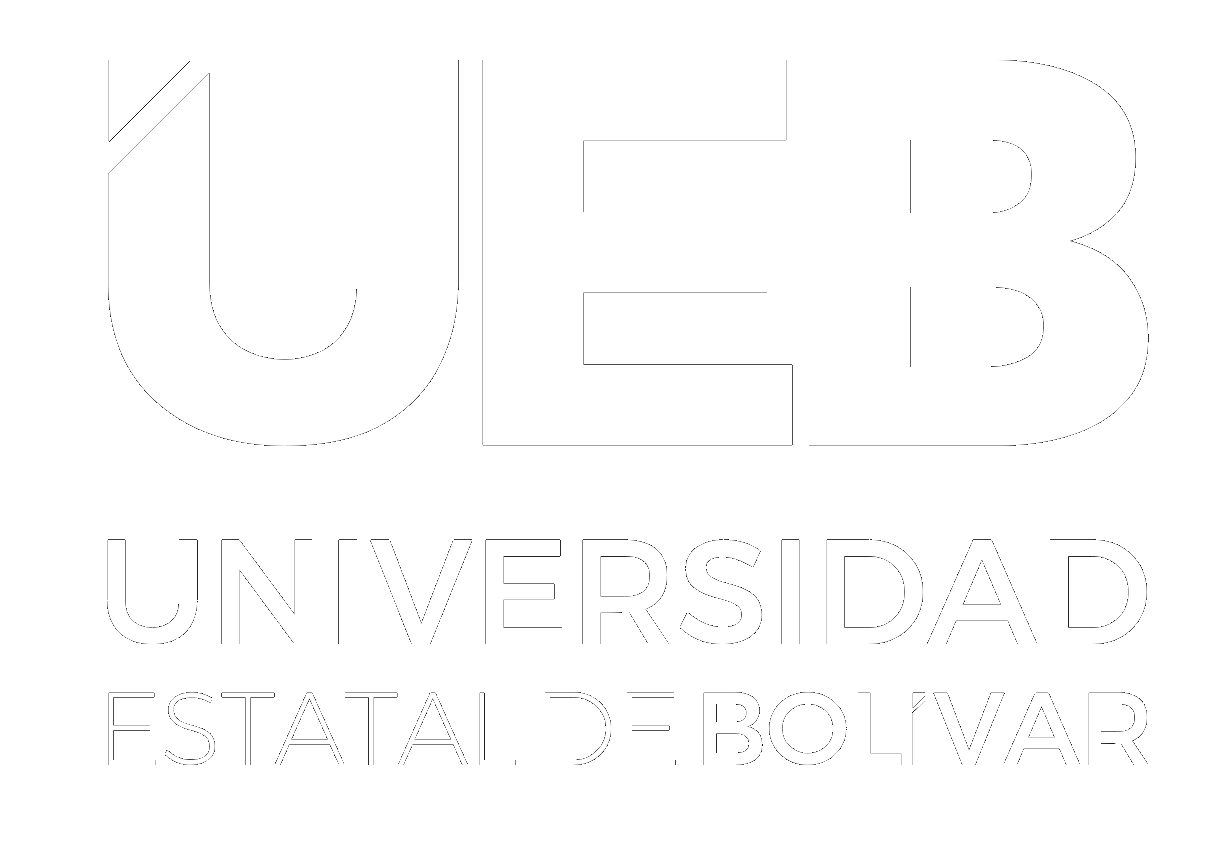Por favor, use este identificador para citar o enlazar este ítem:
https://dspace.ueb.edu.ec/handle/123456789/4142Registro completo de metadatos
| Campo DC | Valor | Lengua/Idioma |
|---|---|---|
| dc.contributor.advisor | Jaya Escobar, Isabel | - |
| dc.contributor.author | Chela Vásquez, Emma Marisol | - |
| dc.date.accessioned | 2022-05-19T13:52:41Z | - |
| dc.date.available | 2022-05-19T13:52:41Z | - |
| dc.date.issued | 2021 | - |
| dc.identifier.uri | https://dspace.ueb.edu.ec/handle/123456789/4142 | - |
| dc.description | The objective of this research was to analyze the impact of financial statements on decision-making for proper management of the agricultural input company CASE Sustainable Agriculture of the city of Guaranda, period 2019-2020, for which a methodology was established. which had a quantitative and qualitative approach, of a descriptive type, the information was collected through the application of interviews and observation records. The results revealed that in the company an analysis is not carried out with financial tools and the decisions, therefore, are not made according to the financial information, due to the lack of knowledge of the subject. It is concluded that the lack of knowledge of the financial statement is reflected in the results, since it was identified that the company's net sales profitability in 2019 was 42.3% and for the year 2020 it was 30.3%, however, in the interview applied to the Manager, mentions knowing that the net sales profitability is 15%, a result issued without any financial analysis. In this sense, the implementation of financial analysis tools is recommended as support in the management of the accounting area and in the decisions that management must make | es_MX |
| dc.description.abstract | La presente investigación tuvo por objetivo Analizar el impacto de los estados financieros en la toma de decisiones para una adecuada gestión de la empresa de insumos agrícolas CASE Agricultura Sustentable de la ciudad de Guaranda, período 2019-2020, para lo cual se estableció una metodología misma que contó con un enfoque cuantitativo y cualitativo, de tipo descriptivo, la información fue levantada mediante aplicación de entrevistas y ficha de observación. Los resultados revelaron que en la empresa no se realiza un análisis con herramientas financieras y las decisiones, por lo tanto, no son tomadas de acuerdo a la información financiera, esto debido al desconocimiento del tema. Se concluye que el desconocimiento del estado financiero se ve reflejado en los resultados, ya que se se identificó que la rentabilidad neta de ventas de la empresa en el año 2019 fue de 42,3% y para el año 2020 fue de 30,3%, sin embargo, en la entrevista aplicada a la Gerente, menciona conocer que la rentabilidad neta de ventas es del 15%, resultado emitido sin ningún análisis financiero. En ese sentido, se recomienda la implementación de herramientas de análisis financiero como apoyo en la gestión del área contable y en las decisiones que deberá asumir la gerencia. | es_MX |
| dc.language.iso | spa | es_MX |
| dc.publisher | Universidad Estatal de Bolívar. Facultad de Ciencias Administrativas, Gestión Empresarial e Informática. Escuela de Gestión Empresarial. Carrera de Contabilidad y Auditoría Cp | es_MX |
| dc.relation.ispartofseries | FCCA.CA;385 | - |
| dc.rights | info:eu-repo/semantics/openAccess | es_MX |
| dc.subject | ESTADOS FINANCIEROS | es_MX |
| dc.subject | TOMA DE DECISIONES | es_MX |
| dc.subject | INSUMOS AGRÍCOLAS | es_MX |
| dc.subject | AGRICULTURA SUSTENTABLE | es_MX |
| dc.subject | CIUDAD DE GUARANDA | es_MX |
| dc.subject | PROVINCIA BOLÍVAR | es_MX |
| dc.subject | ANÁLISIS FINANCIERO | es_MX |
| dc.subject | HERRAMIENTAS FINANCIERAS | es_MX |
| dc.subject | INFORMACIÓN FINANCIERA. | es_MX |
| dc.title | Los estados financieros y su impacto en la toma de decisiones en la empresa de insumos agrícolas CASE Agricultura Sustentable de la ciudad de Guaranda, provincia Bolívar, período 2019-2020 | es_MX |
| dc.type | bachelorThesis | es_MX |
| Aparece en las colecciones: | Contabilidad y Auditoria CP | |
Ficheros en este ítem:
| Fichero | Descripción | Tamaño | Formato | |
|---|---|---|---|---|
| TESIS_EMMA-CHELA_ NOTARIZADA.pdf | 4,24 MB | Adobe PDF | Visualizar/Abrir |
Los ítems de DSpace están protegidos por copyright, con todos los derechos reservados, a menos que se indique lo contrario.

